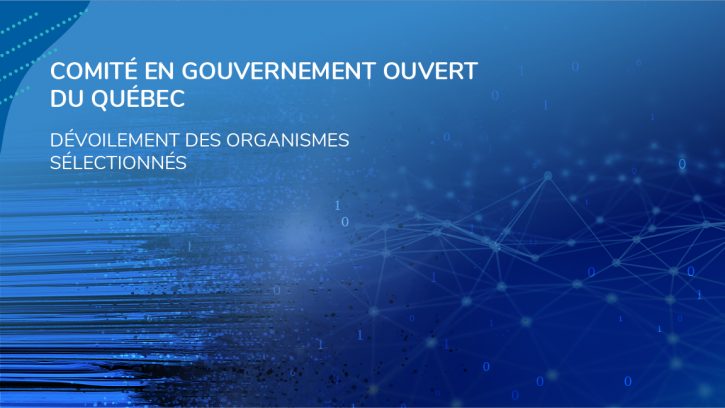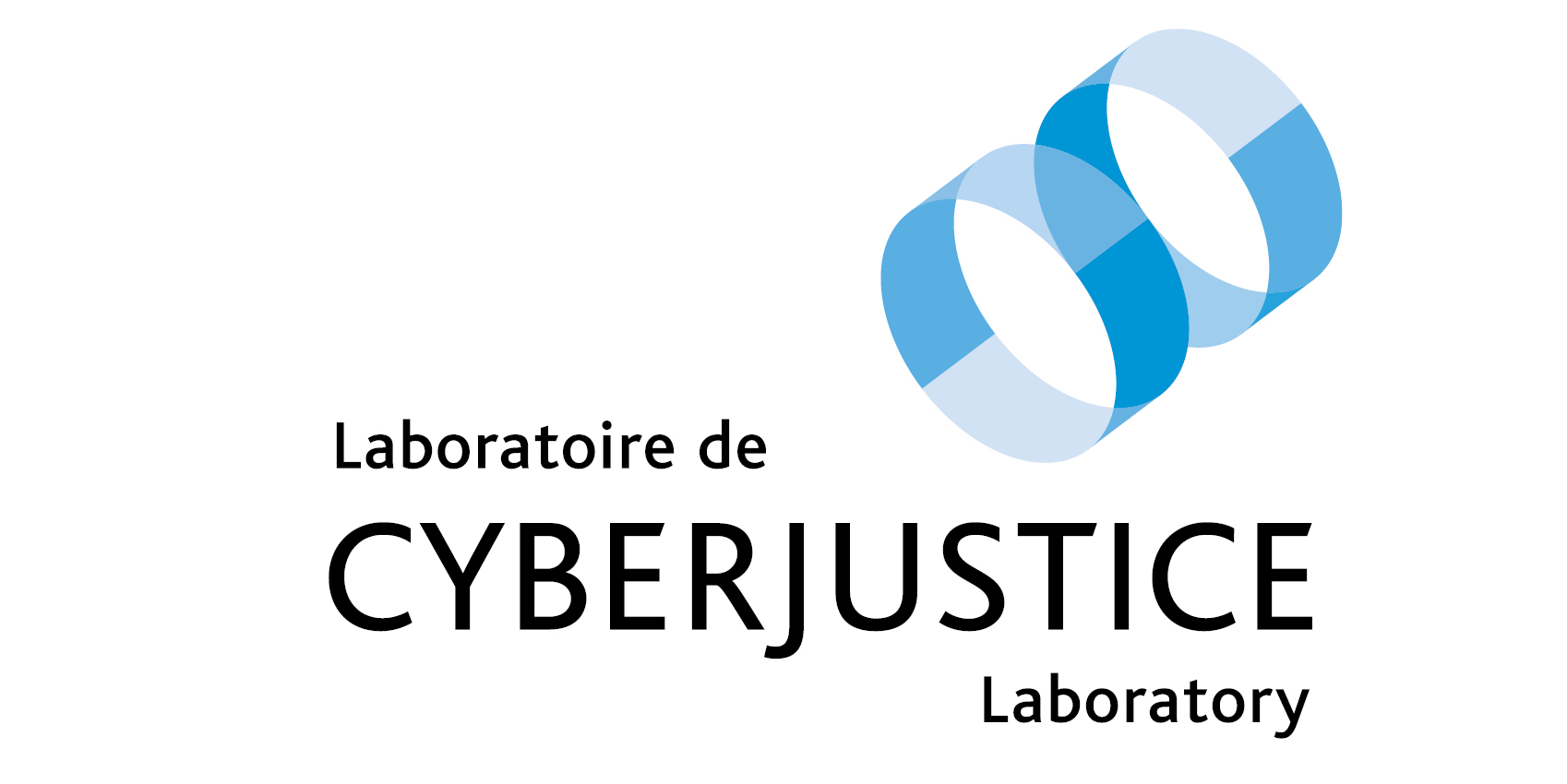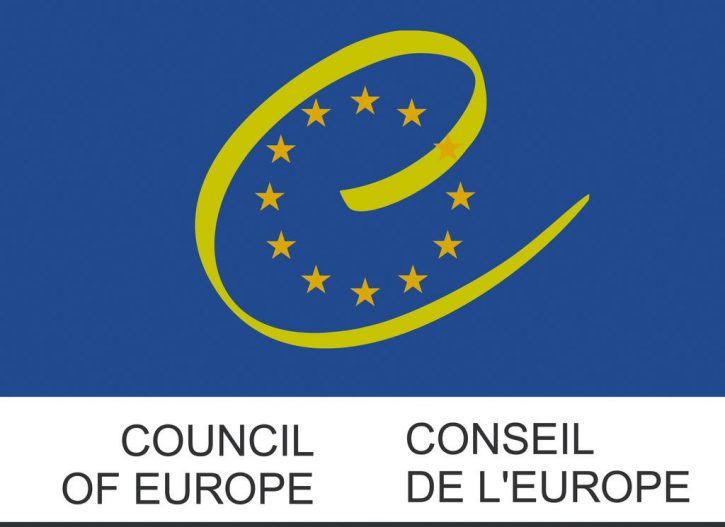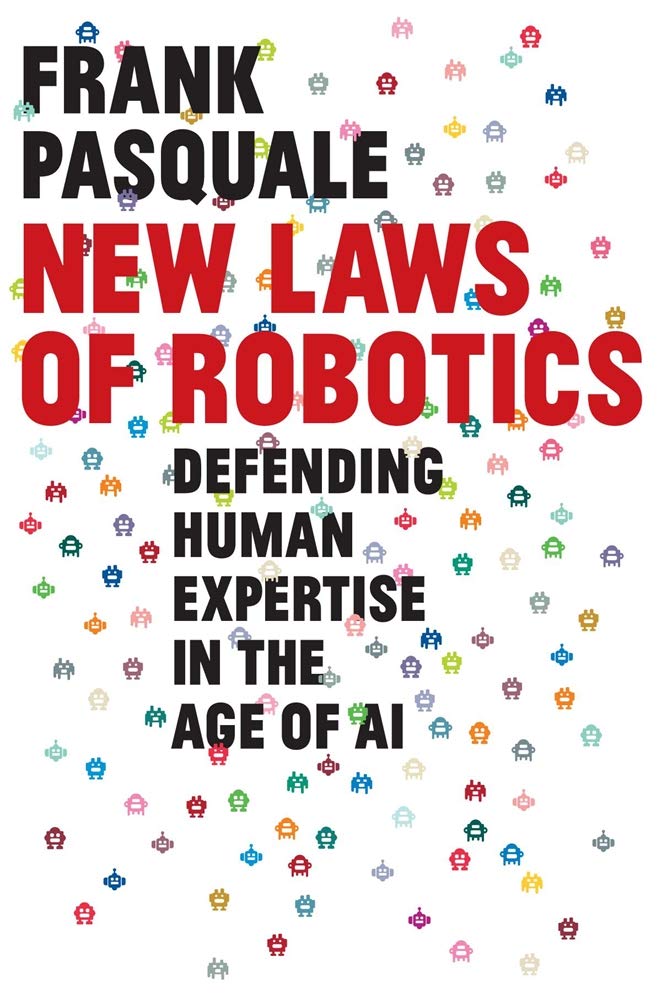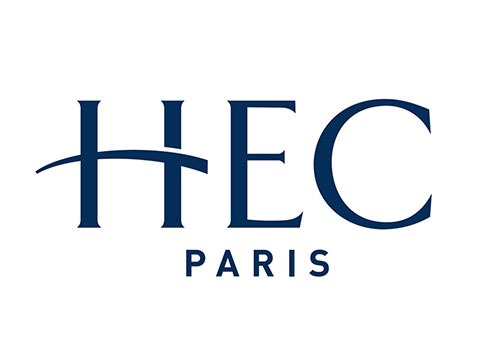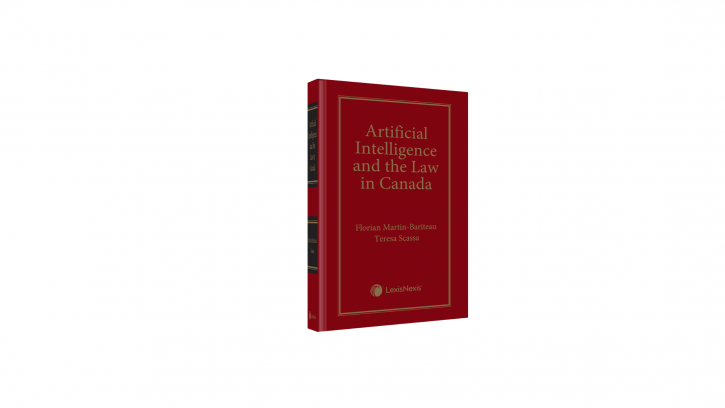News | Page 14
Featured News
Le Laboratoire de cyberjustice sélectionné pour le Comité en gouvernement ouvert du Québec
Only in french Le Laboratoire de cyberjustice est heureux d'annoncer qu'il a été sélectionné en tant qu'organisme de la société civile pour participer au Comité en gouvernement ouvert du Québec du Secrétariat du Conseil du trésor. Le mandat du comité sera : *de conseiller le Secrétariat du Conseil du trésor quant à l’élaboration de nouveaux plans […] Read more
News
Le Conseil de l’Europe adopte des lignes directrices en matière de reconnaissance faciale.
Only in french Le Conseil de l’Europe adopte des lignes directrices en matière de reconnaissance faciale. Les États signataires de la Convention 108 doivent en tenir compte dans les textes qu’ils adoptent. Certaines utilisations sont proscrites. Le secteur privé n’est pas gâté. La Convention 108 du Conseil de l’Europe On l’oublie parfois, mais la directive de 1995 […] Read more
News
Kevin Ashley, ACT Project Researcher, receives a $357,000 grant for the project Using AI to Increase Fairness by Improving Access to Justice.
The Cyberjustice Lab is pleased to announce that the National Science Foundation (USA) has awarded a $357,000 (3-year) grant under the program « Fairness in Artificial Intelligence » to the project Using AI to Increase Fairness by Improving Access to Justice led by Professor Kevin Ashley (University of Pittsburgh), chief of subproject 2 of the […] Read more
News
Call for Papers | 21st International Conference on Innovations for Community Services
Interdisciplinary thinking is a key success factor for any community. "Bridging Digital Communities" is the motto of the 21st I4CS, to be held from May 26 until 28, 2021 in Bamberg/Germany, dedicated to challenging aspects around modern community systems. Due to worldwide pandemic travel constraints, the steering committee will decide on the toleration of virtual […] Read more
News
CIRST | L'intelligence artificielle au Québec : un réseau tricoté serré
Maxime Colleret - doctoral student in the Science, Technology and Society program at UQAM - and Yves Gringas - professor in the Department of History at UQAM - present a reflection on the artificial intelligence network in Quebec, published by the Centre interuniversitaire de recherche sur la science et la technologie. This document is only […] Read more
News
Mention du “Best Paper Award” de la conférence JURIX2020 attribuée à un article rédigé par des membres du Laboratoire
Hannes Westermann, Jaromír Šavelka, Vern R. Walker, Kevin D. Ashley and Karim Benyekhlef - Director of the Cyberjustice Laboratory - co-authored a paper entitled "Sentence Embeddings and High-Speed Similarity Search for Fast Computer Assisted Annotation of Legal Documents" which received the Best Paper Award at the Jurix 2020 conference. Jurix Best Paper 2020 Announcement Abstract […] Read more
News
Publication | Generating Intelligible Plumitifs Descriptions: Use Case Application with Ethical Considerations
David Beauchemin, Nicolas Garneau, Ève Gaumond, Pierre-Luc Deziel, Richard Khoury, and Luc Lamontagne - professors at the Université de Laval - explore in this publication the ethical issues of access to judicial information. ABSTRACT Plumitifs (dockets) were initially a tool for law clerks. Nowadays, they are used as summaries presenting all the steps of a […] Read more
News
Publication | New Laws of Robotics Defending Human Expertise in the Age of AI
Frank Pascale - professor at the University of Maryland and ACT researcher - offers in this book a reflection on human expertise and the challenge of automated work in the age of artificial intelligence. Foreword (excerpt) Too many CEOs tell a simple story about the future of work: if a machine can do what you […] Read more
News
HEC Paris | Developing an Automated Compliance App to help Firms Comply with Privacy Regulations
David Restrepo Amariles — ACT researcher and associate professor at HEC Paris — is developing and testing with industrial partners an application using artificial intelligence methods, including machine learning, in order to verify a company's privacy documents and reinforce privacy. This application could serve consumers, lawyers, data protection officers, legal departments, and managers in auditing […] Read more
News
Artificial Intelligence and the Law in Canada
Florian Martin-Bariteau and Teresa Scassa - law professors at the University of Ottawa - highlight the structural transformation of our society through the contribution of artificial intelligence and question how existing legal frameworks can or should adapt to this new technology. The book will be available in early 2021 in print, electronic and QuickLaw versions. […] Read more
